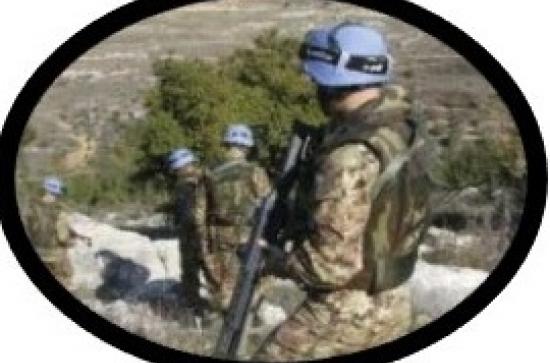
Irish experiences of UN peacekeeping since Brahimi
Edward Burke, Associate Fellow at FRIDE and the University of St. Andrews ( and no stranger to the Kennedy Institute) has co-written with Jonathan Marley of the London School of Economics a report, issued last night by the Center on International Cooperation (CIC) at New York.
In it they examine Irish experiences of UN peacekeeping since the publication of the Brahimi Report in 2000. The report is based on a wide range of interviews conducted officers of the Irish Defence Forces and civilian officials between 2013 and 2015. It can now be accessed here.
Below is an excerpt from the foreword by Richard Gowan, Director of Peacekeeping at CIC-NYU:
This paper does not make completely comfortable reading for those who share this goal. Despite their continued commitment to the UN, many Irish officers still share the broader European preference for NATO/EU operations. They view many of the civilian officials that play a pivotal role in UN missions with skepticism. The suspicion is mutual. As one UN official interviewed for this study remarks, “The Irish want to do everything their own way.” Such frictions are inevitable in all complex military operations, and Burke and Marley point out that representatives of non-Western troop contributors have raised similar concerns. A close reading of this paper should help policy-makers identify potential areas of tension in future operations.
In the concluding section of the paper, Burke and Marley identify particular areas for policy innovations, including (1) improving and standardizing training doctrines for UN contingents; (2) moving away from a “one size fits all” approach to the UN’s force generation process; (3) giving senior military officials on the ground greater leeway over how to use the forces and assets available to them; and, on a related them, (4) raising the quality of mission leadership. There are serious headaches over logistical issues and the use of intelligence. Yet the authors also give reasons for optimism: Experienced Irish officers believe that UN has made real progress instituting previous reforms, and are generally positive about the organization’s current efforts to modernize its approach to operations.
